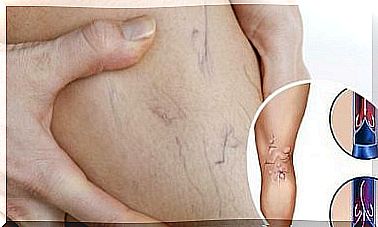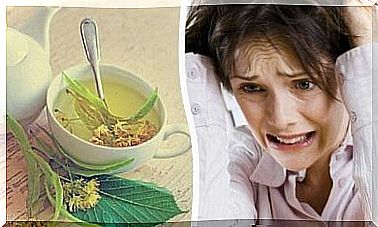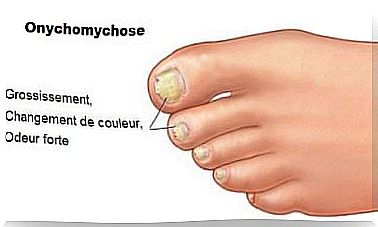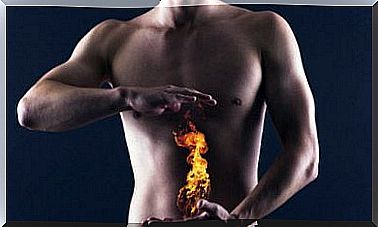How To Prevent A Stroke?
Although stroke is one of the leading causes of death in women, it can be detected early and acted upon.
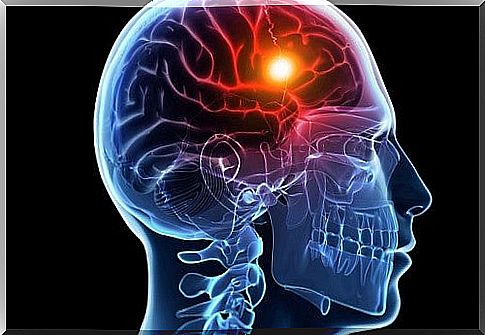
In 80% of cases, stroke can be detected in time, so it is essential to recognize the warning signs of a stroke in time and to learn how to prevent them from occurring.
This question may sound too alarming, but the medical evidence clearly demonstrates the severe incidence of stroke worldwide. It is indeed one of the main causes of death (and disability) in women, hence the importance of prevention.
What is a stroke?
A stroke is the sudden interruption of blood flow to a specific region of our brain, which irreparably leads to the death of our neurons.
This obstruction has several origins: it can be due to a large blockage in a vessel or a cerebral artery, or to a hemorrhage.
It is true that some people have a genetic predisposition to suffer from a stroke, but that does not mean that they are necessarily going to be affected, because strokes can be prevented and controlled.
How do you know if you have a stroke?
Knowing the warning signs of a stroke is fundamental, and even if these only appear for a few moments, they should not be overlooked, as they can herald a more serious attack afterwards.
So be vigilant in the event of:
- Tingling on one side of the face.
- Difficulty speaking correctly (a sign that is also very easy to spot): We can’t make ourselves understood for a few moments.
- Sudden headache of unknown origin of unparalleled intensity.
- Sensation of dizziness, imbalance: The world revolves around us, we lose our balance and we can even fall.
- Sudden loss of vision or sensitivity: This can be a very one-off phenomenon that lasts barely a minute, or just temporary. In both cases, action must be taken, as this is a characteristic signal of a stroke.
Our advice to prevent a stroke
Control your blood pressure
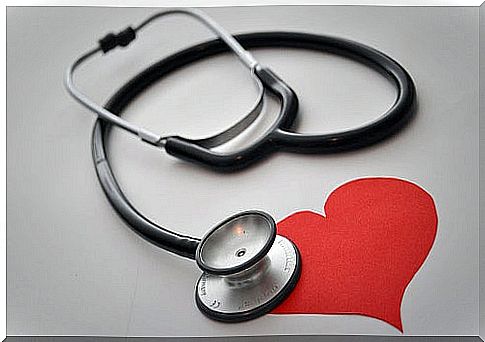
The hypertension is a risk factor of suffering a stroke. Our heart must redouble its efforts to pump the blood which sometimes does not reach the brain smoothly.
It is therefore important to check your blood pressure daily. It doesn’t cost anything!
Monitor your cholesterol levels
Cholesterol is also an important factor in the onset of stroke. This is because atheroma plaque is then deposited on our arteries and hardens them, which prevents blood from circulating normally and the brain from being properly supplied.
A simple blood test allows us to know whether or not we should treat our cholesterol.
Do not smoke !

Smoking greatly increases the risk of having a stroke. This is why more and more young people are stricken by stroke.
When our health is at stake, it is better to treat your nicotine addiction to prevent cigarettes from consuming us a little more each day.
Control your weight
Obesity is closely linked to problems with cholesterol, high blood pressure, etc. A sedentary lifestyle and cardiovascular disease can lead to stroke.
So watch your weight and remember: sometimes it is enough to lose 5 pounds to feel much better.
Control your blood sugar
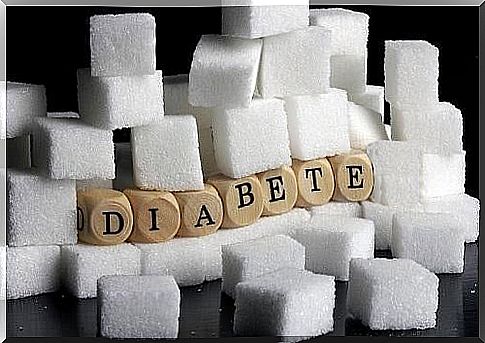
When we have diabetes, our pancreas can no longer produce insulin, which affects all the blood vessels in our body.
It is therefore an important risk factor for suffering from a stroke: this is why it is essential to regularly check your blood sugar level.
Try to eliminate stress
Suffering from chronic stress decreases our life expectancy. This state of mind can even lead to severe hypertensive crises which in turn can lead to a stroke.
Some people, unable to analyze their level of stress or anxiety and consider the need to let go, succumb to a stroke.
Know how to release the pressure, because health is always more important.
Keep a positive and relaxed outlook on everyday life

Cultivate positive emotions, and know how to manage your life by setting priorities (and the one that should be above all else is health, of course!).
Your health, that of those around you and the moments of sharing and relaxation are much more important. Learn to calmly observe the passage of time.
A calm state of mind helps us regulate our blood pressure and balance our cardiovascular system.
Stimulate your mind
Learn a new language, read, keep a journal, do puzzles, sudoku … All these activities help to keep the brain awake, active and agile, as well as to mitigate the consequences of a possible stroke.
Indeed, our neurons will be able to create new connections and be more resistant to a stroke. The more connections there are, the less loss there will be in our brain.
Your health depends on you: learning to prevent and recognize red flags can often prevent the worst.
Remember: in 80% of cases, stroke can be detected in time.

